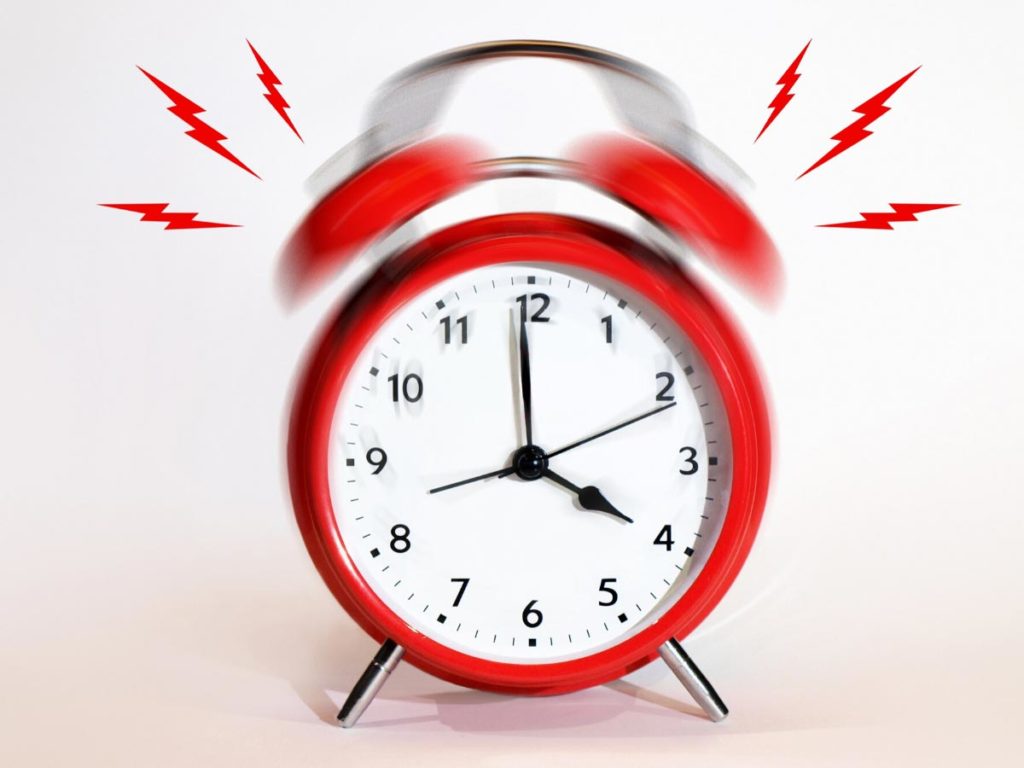Word Count: 1751
Est. Time to Read: 10+ mins.
It causes nothing but frustration, for me and for others. Does it produce better quality? Maybe, maybe not. Do many people have this “affliction”, or is it just me? Oh, man! What do I do now?
SO, I sit here late in the evening…writing this article for the February issue of GFB Monthly…two days before the “deadline” of sending it to the editor and producer. I am putting things off till the last moment.
Don’t get me wrong. I WILL get this piece done, on time, with quality, I PROMISE. I swear, I will.
So, what’s the problem? Well, this is not the first, and certainly not the last time my procrastination will plague me.
“Procrastinate now, don’t put it off.”
Ellen DeGeneres
The Gist of It All – Why?
According to Tim Urban, author of “Inside the Mind of a Master Procrastinator” (a podcast segment), “We are all procrastinators.” However, according to Tim, there are two types of procrastinators: Short-Term Procrastinators and No Deadline Procrastinators.
Short-Term procrastinators are slaves to crises, timetables and deadlines. For some odd reason, the closer the crisis comes, the quicker the “Panic Monster” (Tim’s term) comes out of hiding. This Panic Monster is usually dormant, but it is always there. Waiting, lurking, anticipating a “call to arms” as the deadline approaches. This monster, by the way, also ensures productivity for some, not always high-quality work, but work that gets done. It also inspires creativity…“My dog ate my homework!”, “I had a bout of the flu”, “I just wanted to do it well and the words just wouldn’t come to me.” All good, but not really believable. Why not get it done BEFORE the flu, at a time when the muse may appear, or anticipate the dog being hungry?
The second type of procrastinator, the “No Deadline” procrastinator, relies more on the individual’s personal organization skills, commitment to accomplish, etc. However, the No Deadline procrastinator may be his / her own worst enemy. They may work too fervently on things that are not needed, not urgent, or on things not really cared about.
Some people are not comfortable not procrastinating. Those people typically feel a strong, dominant need to “finish” whatever they are working on, because they get a thrill of seeing a completed project.

So Why Not Procrastinate?
This question is not easily answered. Given how common procrastination is, there must be a perceived benefit for doing so.
What might we “get” out of procrastination? A feeling of elation…“sprinting the last leg to get to the tape first”? A feeling that certainty…“I do my best work under pressure”? Justification of a strategy…“Procrastination forces me to focus”? Of course you rarely hear, “I procrastinate because I always have”, “Because I am disorganized”, “Because I saw this task as less important than others.”
It is true that some people get intrinsic value from procrastination, and that value is gratifying enough to encourage them to continue.
NOTE: I asked someone who is habitually late to meetings, why they were so routinely late. Their answer was candid and, I think, brutally honest…“I like the attention I get by coming in late. It says to people, ‘I have so much to get done, but still I am squeezing in this important meeting.’ (Aren’t I a great employee?)”
So, for whom does procrastination not work? Studies (cited in the Wall Street Journal, December 11, 2019 issue, “New Ways to Battle Procrastination”,by Andrea Petersen) have found that 15% -20% of American adults chronically procrastinate. Numbers are much higher for college students, where nearly 75% consider themselves procrastinators, and nearly half of those chronically so.
Such chronic procrastination may cause personal stress (e.g., the Panic Monster at work), cause harm to work and personal relationships, and even sometimes lead to anxiety disorders and depression.
At its base, procrastination is “deferring commitments even though you know about the negative consequences that lie ahead”, according to Christian Aljoscha Lucas, a clinical psychologist and postdoctoral researcher at Friedrich – Alexander University Erlangen – Nuremberg, Germany.
While modern researchers are toying with online and behavioral therapy solutions to chronic procrastination, most of us “regular procrastinators” could benefit by trying some simpler and less intrusive suggestions from these same researchers.

Some suggest beginning with a self-audit of what there is positive for us in the procrastination syndrome and then listing the negatives of the same. The old “cost-benefit analysis”. Positives may be “it’s more fun to read emails or play video games”, “I find it relaxing to not have to deal with the ‘must-dos’”, etc. Negatives may include “getting impossibly behind on things”, “having to pay for last-minute plane reservations”, “finding that no concert tickets are left”, etc. When the perceived negatives of procrastination outweigh the positives, it may be time to try some of the following approaches:
- Take control by first revamping your goals. It doesn’t make sense to do things that we know have negative consequences or make us feel rotten. Try revamping your goals from general objectives to specific strategies. Instead of “early next week I will start on that project”, try “Next Monday from 9:00 – 11:00 am I will spend an hour on that project”.
(Author’s note: I learned this from my daughter, Mary-Margaret Baker, Creative Director of The Jackson Creative, LLC, – someone whom I have admired for her capacity to work under deadlines and scheduling her work. Her advice, “Dad, just set aside protected time in small chunks each day or week that you work on something. Don’t try to get it all finished at one time.” I promise I am trying that MM!) - Start small … but start. For procrastinators, the first step is the hardest. Waiting till the “spirit moves you” will ensure continued procrastination. Follow MM’s advice and do things in smaller chunks over a period of time … and reward yourself every so often (e.g, a cup of coffee, time to read an unrelated short article, a walk around the office, etc.) to encourage more of the same.
- Eliminate distractions. Seems overly obvious, but if it is not important at the moment, doesn’t fit your goals or plans, don’t do it – at least not then when your time is committed to something else. My son tends to put off responding to, or even reading intrusive emails till late afternoon, removing distractions for him…although possibly causing frustration for people like his Dad who are hoping for an immediate response!
- Invest your time, don’t just “spend it”. Consider re-thinking the use of time. Typically, we think about how we spent our time during the day rather than thinking of how best to invest our time tomorrow. Our time is a disposable asset…once we use it by spending or investing, it is gone. So, why not see it as an investment in our comfort, contributing to something really important, our peace of mind, etc. OR, maybe try reframing those “tasks to complete as quickly as possible” to a small piece of something larger and more significant than the task itself. For example, reframing “I need to get this article done” to “this article can help to educate budding entrepreneurs” was just the trigger I needed to work!
- It’s about Attention Management, not Time Management. In The New York Times’ “Smarter Living” space written by Tim Herrera (January 27, 2020), Tim suggests that attention management is the “art” of focusing on getting things done for the right reasons. Storied leadership author, Stephen Covey, says there is no conflict between being a leader and being a manager…as leaders will manage four things: people’s attention, the meaning of things, trusting relationships and themselves. Using both pieces of advice, prioritize things to be done now that matter the most…for the right reasons.
- Pass the “smell” test. When facing your “to do” lists (yes, as a fellow procrastinator I know you create them each morning), you may want to ask yourself the flowing:
- Does this have to be done right now?
- Does it have to be done by me?
- Does it have to be done perfectly?
- Does it have to be done at all?
All “no’s”? Then don’t invest your time in it…at least until you have more time or flexible time.
“You can’t just turn on creativity like a faucet. You have to be in the right mood. What is that? Last minute panic.”
Bill Waterson
FULL DISCLOSURE on two things.
- There have been a number of researchers that have tried to find the “cure” for procrastination. Dr. Robert Schachter, Assistant Professor of Psychiatry at Mount Sinai’s (NY) Ichan School of Medicine, planned to open a series of Procrastination Centers of America around the country to do just that, but now has only one center as his personal practice. Why did his idea for expansion across the country not work out? According to Dr. Schachter, “People don’t really want to fix it”.
- I plan to implement ALL the above suggestions for myself…maybe tomorrow.
Tony Jackson
Self-diagnosed procrastinator and
Managing Director of GFB Connect, Inc.